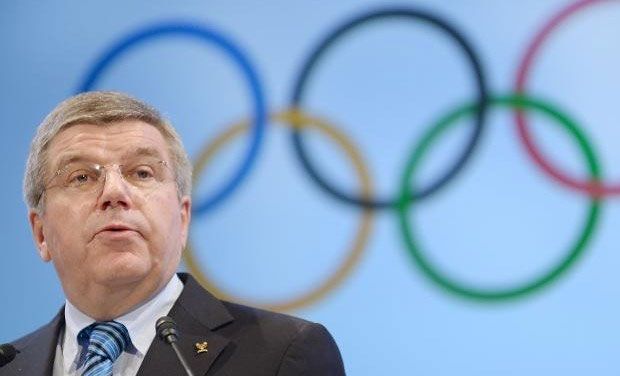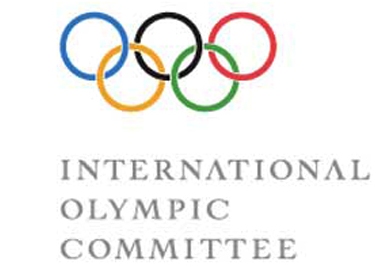IOC president Thomas Bach on Friday enters the final straight in his campaign to pass some of the most revolutionary reforms in the history of the 120-year-old Olympic movement and set his stamp on the IOC just over a year after taking office.
The International Olympic Committee (IOC) executive board and its full membership will over five days consider 40 proposals to curtail the cost of the Olympic Games while adding more sports without increasing athlete numbers.
Bach, who will also announce the launch of an Olympic television channel at the Monaco meeting, says the IOC must act now to protect “the uniqueness of the Olympic Games.”
Under his Agenda 2020, joint bids from different cities and even countries could be considered to stage the Olympic Games.
Bach, who acted quickly to put his stamp on the Movement after he was elected to succeed Belgian Jacques Rogge in Buenos Aires in September 2013, said this could help smaller countries to stage the Summer and Winter Games.
Among the other 40 propositions are:
+ Measures to cut the cost of bidding for the Games by reducing the number of presentations and giving IOC subsidies.
+ Increasing the number of sports from the current 28 — a new sport could be invited every year — while capping the number of athletes and individual disciplines.
+ Calling on candidate cities “to present a project that fits their sporting, economic, social and environmental long-term planning needs” putting a new emphasis on sustainability.
+ Adding “non-discrimination on sexual orientation” to the Olympic Charter. This is one of the most controversial items for many conservative states.
– Bach’s Olympic Jigsaw –
The new digital Olympic TV channel would operate worldwide, 365 days a year aiming to get the IOC message across during the long months when there is no summer or winter games.
The 15-member IOC executive board, which will meet on Friday and Saturday, has already backed Bach’s Agenda 2020.
The IOC’s general membership will vote on the reforms on Monday and Tuesday.
“These 40 recommendations are like pieces of a jigsaw puzzle,” said 60-year-old Bach, who won team fencing Olympic gold for the then West Germany in the 1976 Games in Montreal.
“When you put them together, a picture emerges that shows the IOC safeguarding the uniqueness of the Olympic Games and strengthening sport in society.”
The 2012 London Olympics was widely hailed as a success and the summer Games remains a huge money earner with US channel NBC paying $7.75 billion for the broadcasting rights to the next six Games.
But the Winter Olympics — which is coming off the most expensive one ever held in the Russian Black Sea resort of Sochi held earlier this year — is slumbering.
There are only two candidates — Beijing and Kazakh city Almaty — for the 2022 Games after several key European cities pulled out either because the public voted against their candidatures in referenda or fears over the costs.
Several federation chiefs have said the Winter Olympics has strayed too far from its snow and ice sport roots.
Bach is also in a showdown with football’s governing body FIFA over the timing of the 2022 World Cup to be hosted by Qatar.
With the football finals expected to be moved to the winter months, Bach has repeatedly warned his FIFA counterpart Sepp Blatter — who is an IOC member — against a clash with the Winter Olympics in January-February.
He says he has been assured there will be no clash, but told the BBC this week that “a clash would be bad for the international audience who would have two major sports programmes broadcast worldwide, so the public’s attention would be divided.”
Bach also warned of a backlash from the sponsors that bankroll the Olympics and the World Cup.
“To manage these two kind of programmes at the same time would be very difficult, so in the end there would be no winners.” – Agence France-Presse

































